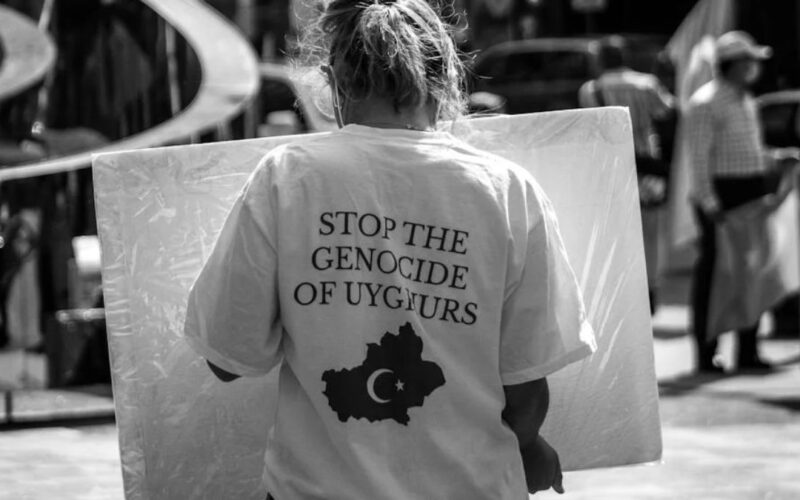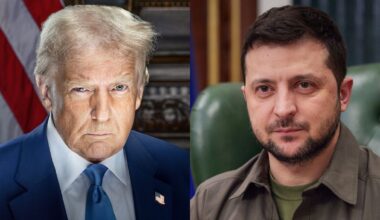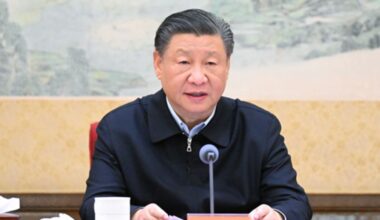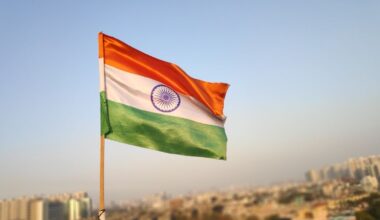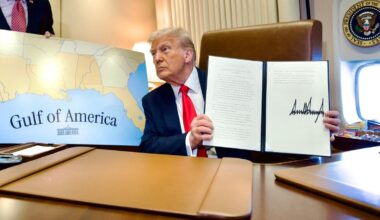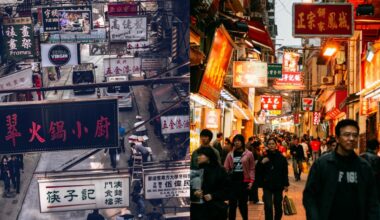The Uyghurs are a Turkic ethnic group predominantly Muslim, who primarily reside in the Xinjiang Uyghur Autonomous Region (XUAR) in northwest China. In recent years, mounting evidence has revealed a systematic campaign of persecution by the Chinese government against the Uyghurs, amounting to severe human rights abuses and potentially meeting the criteria for crimes against humanity and genocide.
Detention and Internment Camps
- Mass Detentions: Since 2017, an estimated one to three million Uyghurs and members of other Turkic Muslim minorities have been detained in a vast network of internment camps across Xinjiang. Detainees are held without due process and subjected to intense political indoctrination, forced labor, physical and psychological torture, and other abuses aimed at eradicating their religious and cultural identity.
- Suppression of Religion: Religious practices including prayer, fasting during Ramadan, and wearing traditional religious attire like headscarves are strictly prohibited. Mosques have been demolished or repurposed, and Islamic texts have been confiscated.
- Cultural Erasure: The Uyghur language is suppressed, with schools forced to teach primarily in Mandarin Chinese. Uyghur intellectuals, artists, and cultural figures have been detained or disappeared.
Forced Labor and Economic Exploitation
- Coercive Labor Programs: Uyghurs both inside and outside of internment camps are subjected to forced labor programs in factories and agricultural settings. There are substantial links between these programs and the supply chains of major international brands.
- Economic Control: The Chinese government has implemented policies restricting Uyghur land ownership and business activities, further marginalizing the community and increasing their economic dependence on the state.
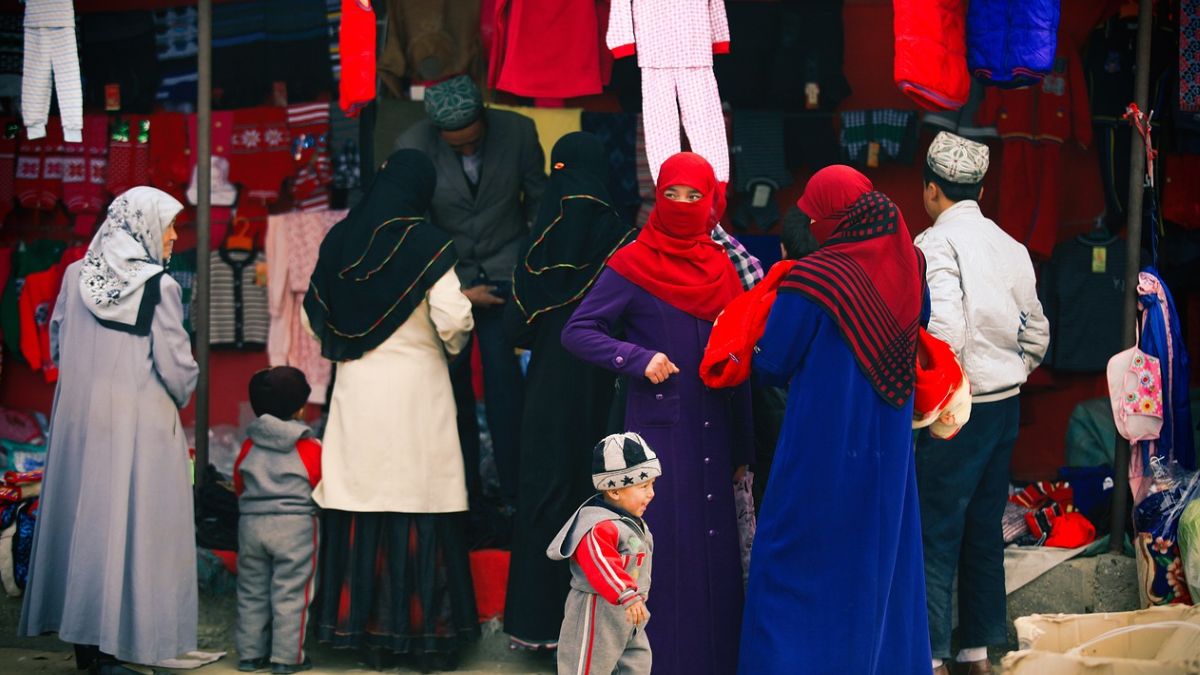
Surveillance and Control
- High-Tech Surveillance State: Xinjiang has become one of the most heavily surveilled regions in the world, with ubiquitous facial recognition cameras, checkpoints, and the monitoring of smartphones and online activity. Uyghurs’ movements are heavily restricted, and any deviation from state-mandated norms can lead to detention.
- Social Control: Uyghurs are subjected to intrusive ‘home visits’ by Chinese officials who monitor their behavior and gather information on their religious and political beliefs. Even everyday personal interactions are closely scrutinized for signs of “religious extremism.”
International Response and Accountability
- Growing Condemnation: Multiple governments, including those of the United States, Canada, and the Netherlands, have formally recognized China’s actions against the Uyghurs as genocide. International bodies such as the United Nations and human rights organizations have extensively documented the abuses and called for an end to the persecution.
- Calls for Sanctions and Accountability: Governments have imposed sanctions on Chinese officials and entities linked to the abuses in Xinjiang. There are growing calls for an international investigation and for those responsible to be held accountable.
Why it Matters
The persecution of the Uyghurs constitutes a major human rights crisis of our time. Not only does it involve the systematic oppression of an entire ethnic and religious group, but it also sets a dangerous precedent for authoritarian regimes to suppress dissent and erase cultural identities with impunity. The international community has a moral obligation to condemn these abuses and to take concrete action to hold China accountable.
Note: It is important to acknowledge that the Chinese government vehemently denies allegations of human rights abuses in Xinjiang, labeling these reports as Western propaganda and misinformation.
